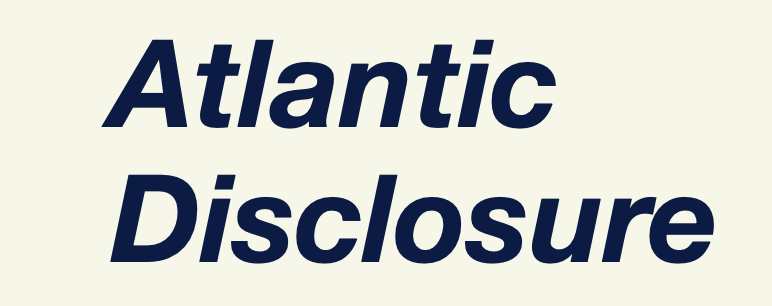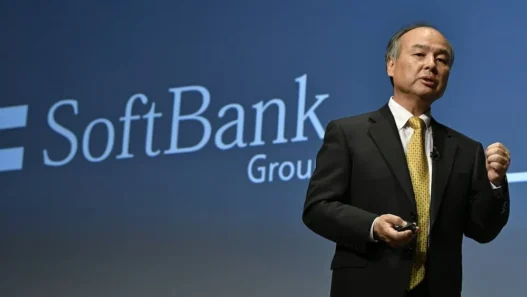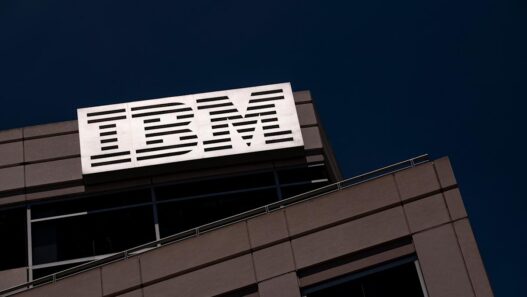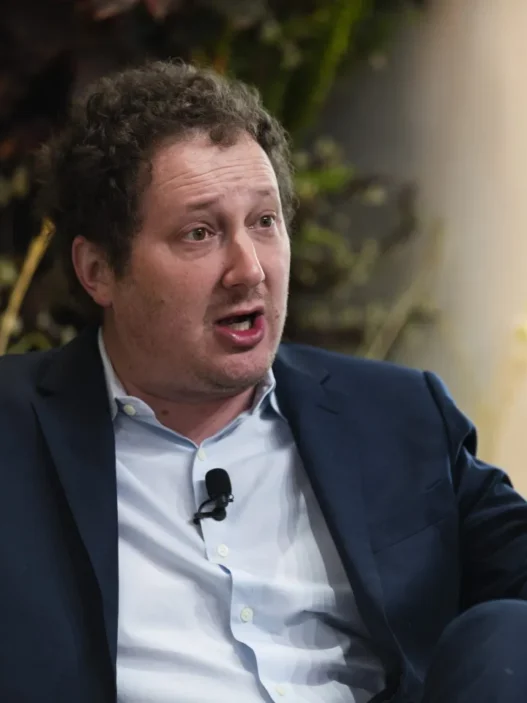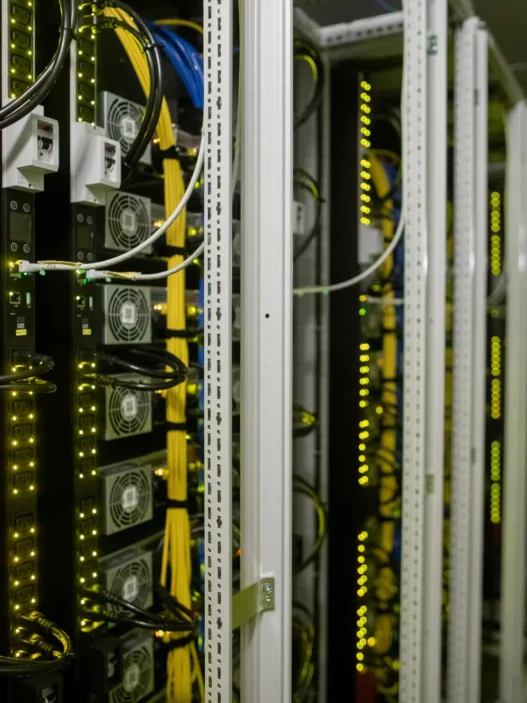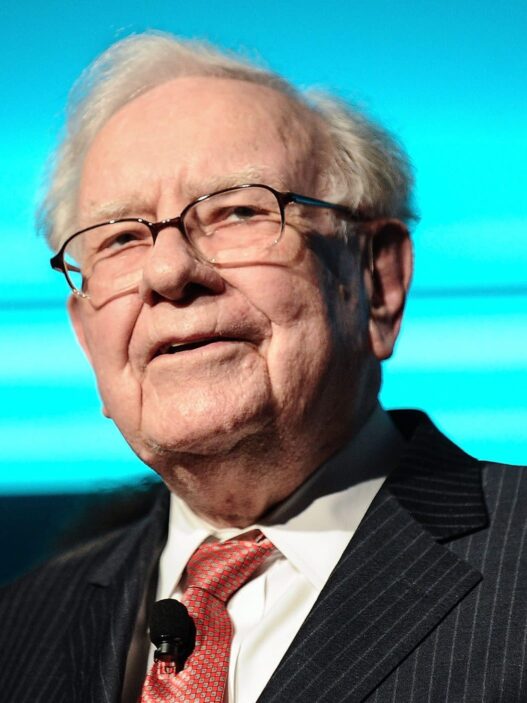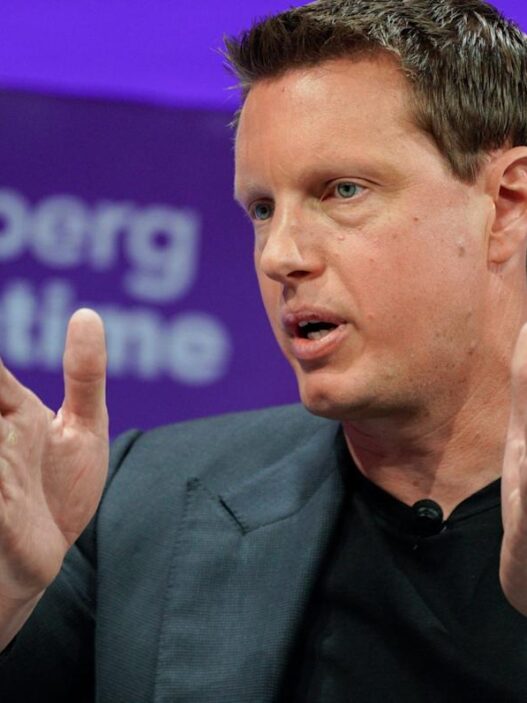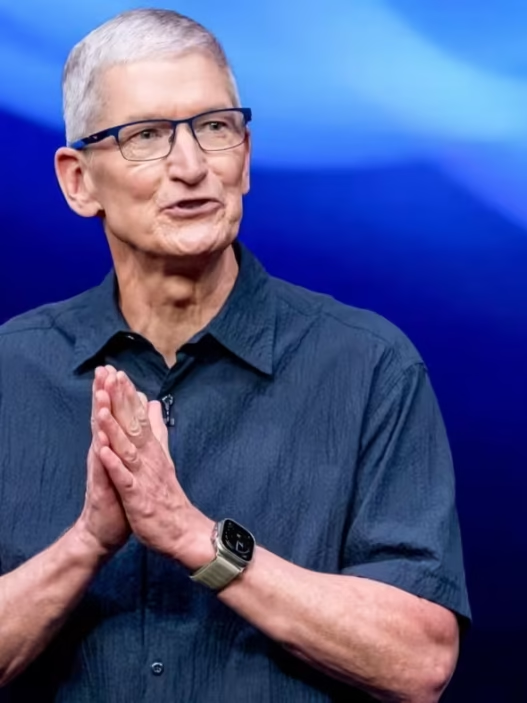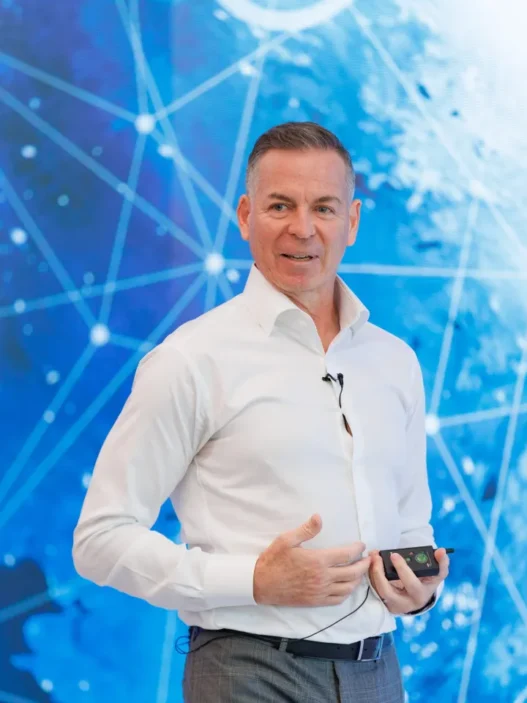JPMorgan Chase CEO Jamie Dimon has once again ignited a global conversation — this time not about banking or the economy, but about the future of work itself. In a recent discussion on artificial intelligence, Dimon predicted that AI’s transformative power could one day shorten the standard workweek in developed nations to just three and a half days.
His remarks, both optimistic and provocative, capture a growing belief among economists and business leaders: that automation and AI will not merely reshape industries, but redefine the concept of work, productivity, and human purpose.
Dimon’s Vision: AI as the Great Liberator
In Dimon’s view, artificial intelligence is poised to usher in a new era of efficiency so profound that it could fundamentally reduce the time humans need to spend working — without sacrificing economic output or living standards.
“My guess is the developed world will be working three and a half days a week,” Dimon said. “It’s not a fantasy. It’s what technology does — it boosts productivity and gives people back time.”
The JPMorgan chief has long been fascinated by technological innovation, but his latest remarks mark one of his most sweeping forecasts yet. Dimon argues that AI, if harnessed responsibly, could lead to massive productivity gains across industries — from finance and logistics to medicine and education — enabling societies to maintain or even improve their standard of living while spending less time on traditional work.
AI as the Next Industrial Revolution
Dimon’s forecast comes amid an explosion of investment and excitement around generative AI — systems capable of writing, coding, analyzing, and reasoning in ways once thought uniquely human. JPMorgan itself has been a major adopter of AI technologies, employing machine learning for fraud detection, algorithmic trading, and customer service automation.
In many ways, Dimon’s prediction echoes past industrial revolutions. Just as electricity, mechanization, and computing redefined labor in their eras, AI now promises to restructure productivity at an unprecedented scale.
The logic is straightforward: if machines can perform routine, cognitive, and even creative tasks more efficiently than humans, the output per worker skyrockets. Over time, that could allow for shorter workweeks, longer vacations, and more flexible lifestyles — without shrinking the economy.
Productivity Gains Could Reshape Society
Economists have long debated the link between productivity growth and labor hours. In the mid-20th century, rapid industrial and technological progress led to a steady reduction in average workweeks, especially in Europe and North America.
Yet over the past three decades, despite digitalization, working hours have plateaued. Dimon believes AI may finally deliver the long-delayed productivity leap that could reverse that stagnation.
“Imagine a world where your doctor diagnoses faster, your lawyer drafts contracts instantly, and your banker analyzes risk in seconds,” said Lisa Chang, a technology analyst at Goldman Partners. “If that efficiency translates across entire economies, the need for a five-day workweek becomes obsolete.”
Such gains, however, depend on how productivity benefits are distributed — whether through higher wages, lower costs, or more leisure time.
From 5 Days to 3.5: What That Could Mean
Dimon’s projection of a three-and-a-half-day workweek paints a radical picture of future labor markets:
- Flexible Scheduling: Employees might alternate between three and four-day work patterns, supported by AI systems that maintain productivity even with fewer human hours.
- Hybrid Human-AI Teams: Humans focus on creativity, empathy, and strategic judgment, while AI systems handle repetitive and analytical tasks.
- Higher Output per Hour: As AI enhances individual capabilities, companies may achieve the same or greater results in shorter timeframes.
- Lifestyle Transformation: People could spend more time on personal development, family, community, and wellness — shifting cultural values away from work as identity.
If realized, such a shift could mark one of the greatest socioeconomic transformations since the 40-hour workweek became standard in the early 20th century.
Skeptics Warn of Uneven Benefits
While Dimon’s prediction captures the imagination, not everyone shares his optimism. Critics argue that AI’s benefits are unlikely to be evenly distributed, and that automation could widen inequality before it narrows the workweek.
“History shows that productivity gains don’t automatically translate into less work,” said Dr. Naomi Rutherford, a labor economist at the London School of Economics. “They often lead to higher corporate profits, not shorter hours or better pay.”
Concerns also linger about job displacement. As AI becomes more capable, millions of workers in clerical, customer service, and professional roles could face redundancy. Unless new roles emerge — or policy interventions ensure a fair redistribution of wealth — many could be left behind.
JPMorgan’s Own AI Revolution
Dimon isn’t speaking from theory alone. JPMorgan has been integrating AI into nearly every layer of its operations — from back-office systems to front-line client engagement.
The bank employs thousands of technologists and data scientists developing proprietary AI tools. For instance, its internal COiN platform (Contract Intelligence) uses natural language processing to review legal documents in seconds — a task that once required hundreds of human hours.
According to internal estimates, these tools have saved tens of thousands of work hours annually, freeing up employees to focus on higher-value activities.
This is precisely the dynamic Dimon envisions spreading across the global economy: machines amplifying human productivity, not replacing it outright.
A Cultural Shift in the Making
The cultural implications of a three-day workweek are profound. Fewer working days could reshape urban life, reduce commuting, and trigger new patterns of consumption and leisure.
Cities might adapt with more flexible infrastructure — shorter office leases, hybrid coworking hubs, and digital-first economies. Meanwhile, businesses could face a growing demand for four-day or flexible contracts, especially among younger generations who already prioritize work-life balance over traditional career ladders.
“Dimon’s prediction resonates because it taps into a broader societal longing,” said Fiona Hayes, sociologist and author of The Post-Work Future. “People are burned out. If AI can truly deliver more output with less effort, the idea of working less but living more could become the defining aspiration of the 21st century.”
The Transition: Policy and Leadership Matter
The road to Dimon’s vision won’t be automatic. For AI-driven productivity to translate into shorter workweeks rather than greater inequality, governments and corporations will need to rethink labor policies — from taxation and retraining programs to universal basic income and profit-sharing models.
Forward-thinking companies could lead the way by experimenting with four-day workweeks, measuring results, and adopting AI tools that empower workers rather than replace them.
In this future, leadership will play a defining role. Dimon’s forecast, while visionary, is also a challenge — a call for policymakers, educators, and executives to guide the AI revolution toward human progress, not just efficiency.
Conclusion: The Future of Work — and Time
Jamie Dimon’s prediction that AI will eventually reduce the workweek to three and a half days is more than a provocative soundbite — it’s a reflection of a broader shift in human ambition.
As artificial intelligence accelerates, humanity faces a choice: whether to use it to entrench old systems of work and inequality, or to build a more balanced, creative, and liberated future.
If Dimon is right, AI won’t just change what we do — it will change how we live. The ultimate luxury in the digital age may not be wealth, but time.
